|
|
Schedules and Calendar |
CompetenciesGeneral
Specific
|
Career Opportunities Degree in ArchitectureAlthough traditionally the work of an architect is associated with developing projects in an independent studio, today there is a wide range of job opportunities.
The activities described can be carried out in a personal or shared studio (together with architects, engineers, or industrial designers), working for a company (developer, construction firm, consultancy, real estate...) or employed by public administrations (national, regional, or municipal). The Bachelor’s Degree in Fundamentals of Architecture presented here does not qualify for any regulated profession, but it is an academic requirement for access to the Official Master's Degree in Architecture, which is the qualifying degree for the regulated profession of Architect, according to Royal Decree 861/2010, of July 2. ARCHITECT'S COMPETENCIES [IDM1] (according to Law 7/1997, of April 14 and Law 38/1999, of November 5)Preparation of projects and site supervision for all types of buildings, including the following:
In this field, the exclusive competence of Architects includes the project and direction of building works intended for the following uses: "administrative, healthcare, religious, residential in all its forms, educational and cultural." Preparation of all types of Urban Planning Instruments and their Implementation Projects, including in particular:
Other Work:
|
International CampusThe Most International UniversityHaving students from over 100 nationalities on a single campus changes everything. For us, it makes us the most international university in the Valencian Community and one of the most international in Europe. For you, it offers an international university environment full of new opportunities. Free English ClassesTo prepare you as much as possible for the real world, we offer free English classes during your degree. That way, when you finish your studies, your horizons will be as wide as you want. Global Citizen ProgramWe live in a global, borderless reality. That’s why your studies at CEU include the Global Citizen Program, which certifies your international education and empowers you to compete globally, helping you stand out on your CV. |
Academic Fees
CEU Merit Program ScholarshipsWelcome to the scholarship with no fine print. The CEU Merit Program offers over 100 scholarships a year with a 75% or 100% reduction in the total tuition fee. This is the only scholarship program where you’ll know if you’ve been awarded before enrollment. If not, you’ll still have time to choose another university. That’s how clear it is—no fine print. Collaboration ScholarshipsHow would you feel about getting paid to collaborate in different areas of the University? And what if you collaborate in an area directly related to your professional future? That’s what CEU collaboration scholarships are about for domestic and international students. The success of these calls year after year shows they are the ideal combination of support and learning. |
Our Double DegreesTwo Degrees at Your Own Pace and with Total FlexibilityBy finishing a double degree, you earn two official university degrees, not a single combined title. CEU’s double degrees offer personalized paths, guiding you based on your workload, international stays, and credit transfers, so you don’t have to worry about bureaucracy. Double Degree, Double Reward, but Not Double PriceThe double degree path grants you both titles, but you won’t pay the full annual cost of two separate programs. Simply put: if one degree costs 100, the double degree costs 130. We can explain the details if you wish. No Commutes and No Complex PaperworkYou’ll study both degrees in the same building, avoiding inconvenient travel. You’ll have a single point of contact for your program, so you won’t face complicated academic procedures. Two degrees without administrative hassles. |
The Architecture degree is a unique international immersive experience, driven by technical knowledge and educational travel. 40 subjects, 10 destinations, 5 years, and one shared tool: travel.
Students who combine a practical and scientific mindset with a strong aesthetic sense, and who are interested in technological processes as well as artistic movements. They interpret and create their surroundings.
Innovative through travel as a learning tool. Travel itself becomes a core subject of the Architecture degree, connecting all areas of study and ensuring that students gain values from the cultures, places, and buildings they visit.
Into a global architect ready to develop your architecture career internationally, with a deep sense of sustainability as a key factor for transforming the world.
Career opportunities>
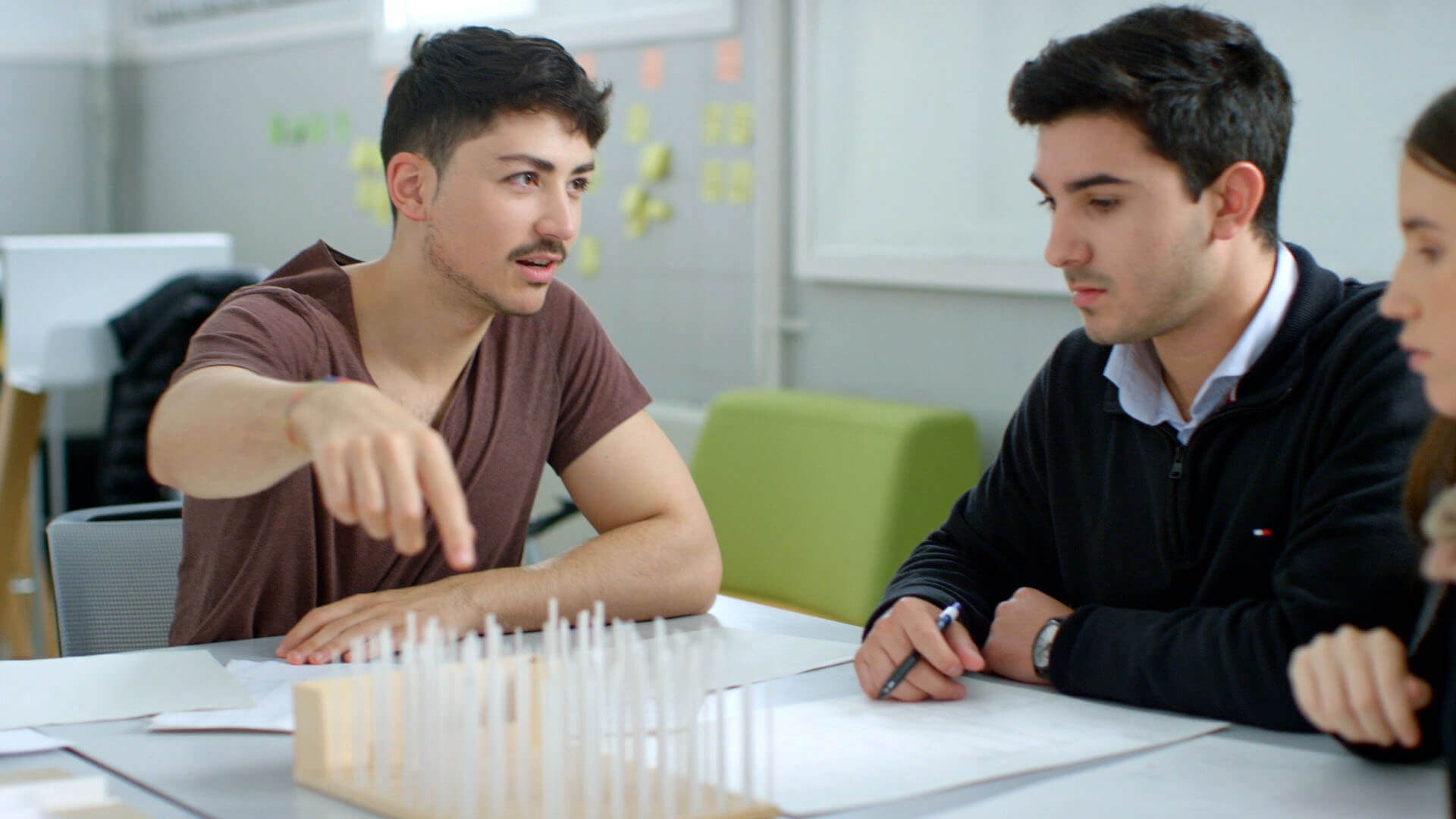
Observe and practice to improve
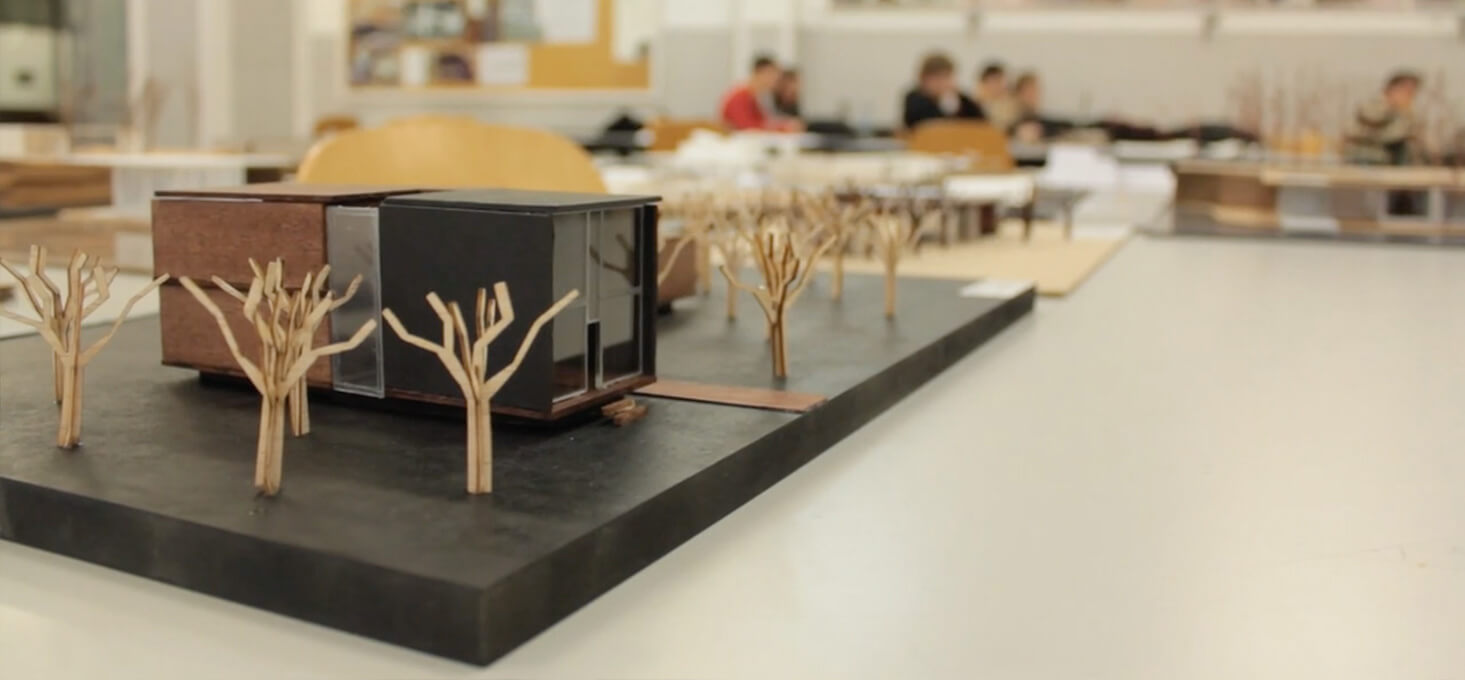
ArchiTRIPture: A unique degree. A global journey.
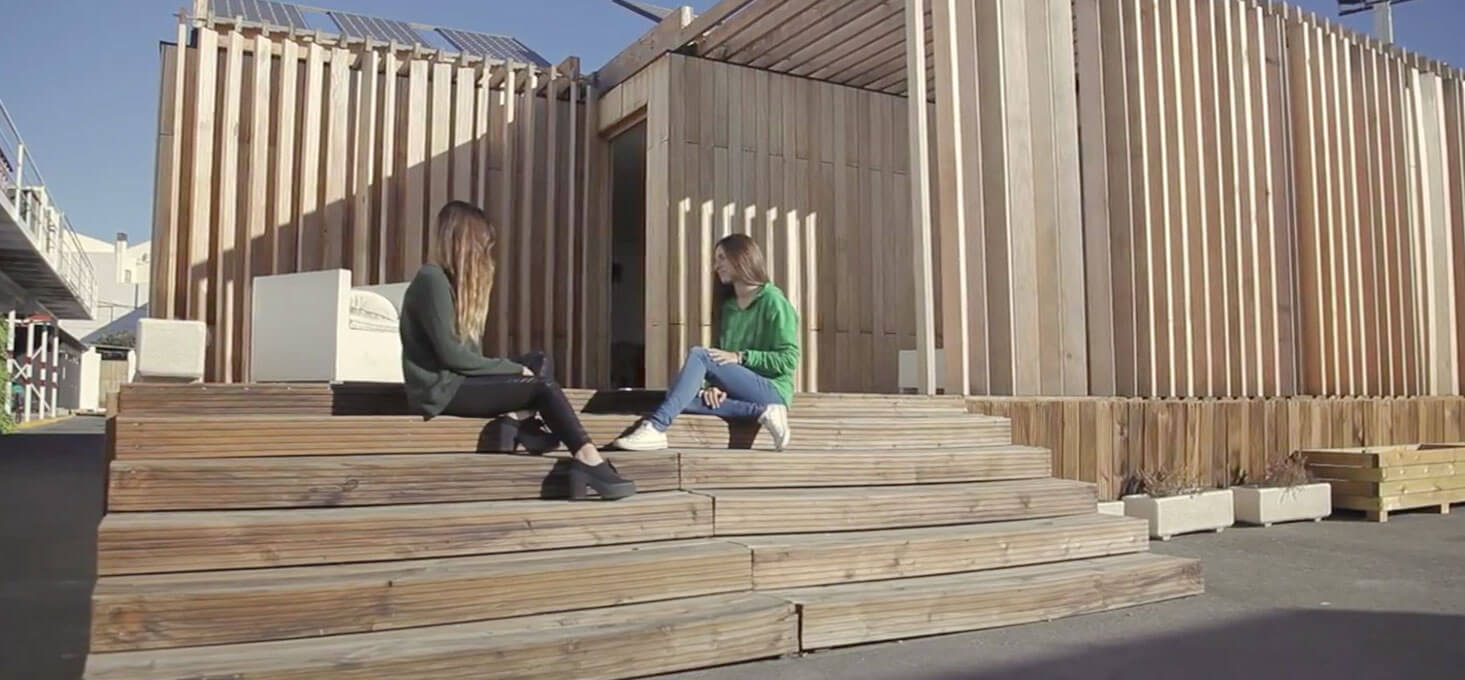
Proyectar. El futuro de la arquitectura
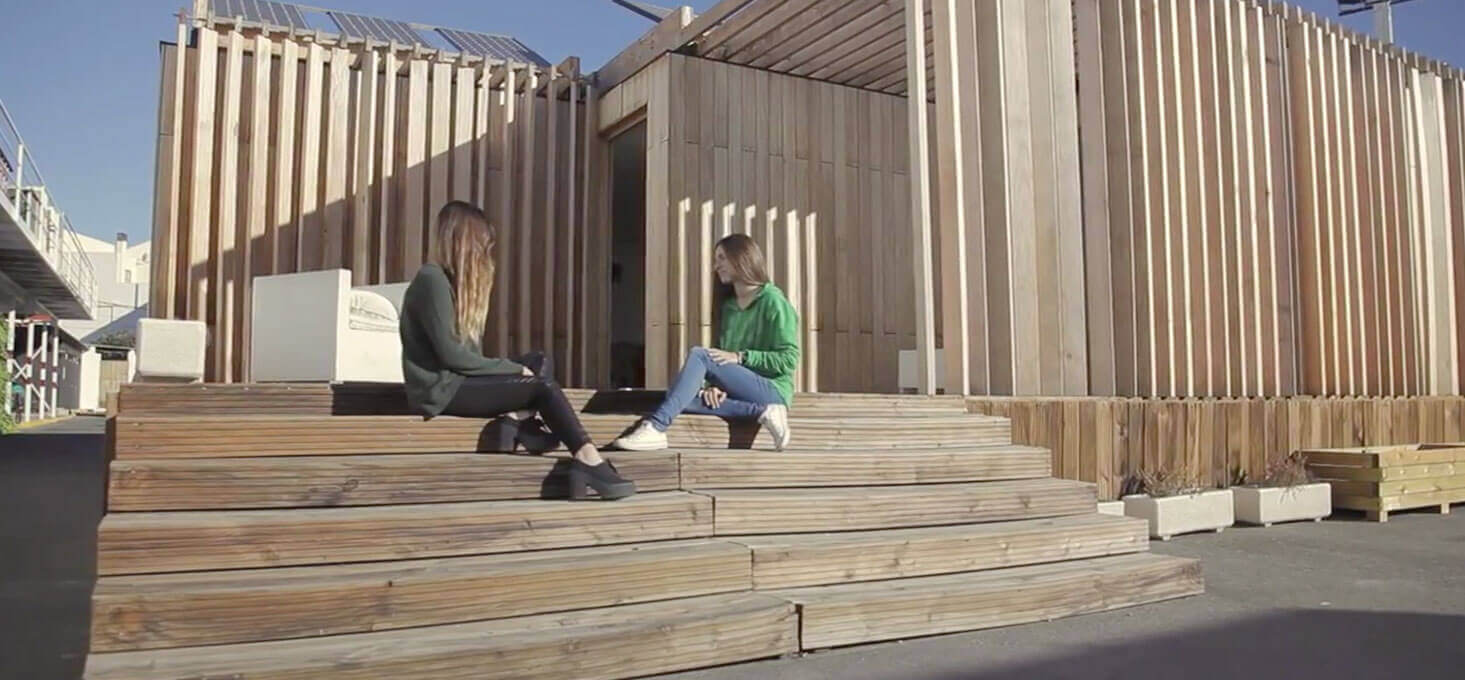
La Escuela: una fábrica de ideas
What makes us different?
Our Specialization Programs
At CEU, we focus on training students in Degree in Architecture with technical skills, while also supporting their personal and professional development. So, how do we achieve this?
- Skills Development: These are undoubtedly what make the difference. At CEU, we focus on both personal and professional skills to prepare our students not only as experts in their fields but also as leaders capable of making an impact in their social and professional environments. Our goal is to enhance employability and provide the tools to face today's challenges.
- Academic Excellence Plan. For our top-performing students in Degree in Architecture, we have developed an intensive training pathway aimed at enriching their curriculum and providing them with greater opportunities. This plan will enable them to develop strategic skills in collaboration with highly prestigious companies.
1. Learning by traveling.
Or learning in situ: a way to teach you how to do architecture through works and projects that we will analyze on site. Discovering the context for which they were conceived, their integration into the landscape, or the particularities that shaped their design. Traveling to feed our spirit. And every semester, a new city to explore.
Each year we focus on a different European city, and all our subjects are taught in relation to the cultural, social, climatic, and geographical characteristics of the chosen destination. We also invite native architects to visit our School of Architecture to share their vision of the city by leading an international workshop, and afterwards we travel there to apply what we’ve learned.
ArchiTRIPture is about becoming an architect with a global vision and the ability to build anywhere in the world. That’s why during this degree we travel and study the architecture of: Barcelona, Zurich, Madrid, Berlin...
2. The world at our School of Architecture
A true international architecture hub where students from 45 countries and faculty members from up to 14 nationalities share experiences. With classes in English and practical projects you can work on in Spanish or English, the student-teacher relationship will shape your individual learning journey. All different, but with a shared passion: great architecture.
ESET is one of the best architecture schools thanks to:
- Small groups: 25 students to ensure personalized learning.
- Multicultural classrooms: students from countries such as Sweden, Germany, Ukraine, Canada, Norway, Kuwait, etc. You’ll be in our architecture school in Valencia, but it will feel like an English or American university.
- One-to-one personalized mentoring in practical project subjects.
- Learning beyond the classroom: enhance your education through workshops, site visits, trips, and participation from international architects.
- International internships: gain essential professional experience with placements in top national and international studios and firms.
- Advantages when pursuing the University Master’s Degree in Architecture thanks to the Academic Consecutive Pathway Program (PARS), which allows you to complete both the Degree and the Master’s continuously. You can enroll in the Master’s program with up to 30 ECTS credits remaining, all from the final year, including the Final Degree Project (TFG). For those not enrolled in the program, access to the Master’s is limited to a maximum of 9 pending ECTS credits (excluding the TFG).
3. More than teachers, mentors
Do you want to study just to pass architecture, or to become an architect? You’ll see that during your years at the School, your architecture degree becomes a journey; credits become practical challenges; lectures turn into discussion groups. It’s no longer about exams, schedules, or subjects: it’s about you telling us what kind of architect you want to be.
Your experience in the Architecture Degree won’t be a mere succession of isolated content and final exams: that’s not our model. In our classrooms—and beyond—we’ll nurture your critical thinking and provide you with the tools to develop your own judgment. You’ll learn step by step, internalizing the outcomes of your work and the practical challenges your professors will set throughout the degree. Reflection, reading, understanding, and your own analysis of reality will shape your path as an architect.
4. Conscious architecture
We embrace the architectural philosophy of the three Ps: Prosperity, People, and Planet. A sustainable approach to architecture that meets tomorrow’s challenges. Do you share our vision?
- Prosperity: architecture as a driver of progress and improved living conditions. A generator of a modern economy.
- People: architecture designed by and for people. A human-centered approach to shaping spaces and forms.
- Planet: architecture that creates sustainable spaces to improve the planet’s future.
- Continuous project design and development mentoring throughout the degree. Architects, companies, and professionals from Spain and abroad are invited to give lectures and workshops to keep our students' training in sustainability up to date.
5. Practicing around the world
Knowledge and hands-on experience are an architect's main sources of information. That’s why we enhance our teaching with professional internships in top national and international architecture studios: Aires Mateus (Portugal), Müller Sigrist (Switzerland), Cruz y Ortiz and OAB Ferrater (Spain), McCullough-Mulvin (Ireland), Merom Architects (Sweden), Mjölk (Czech Republic), among others.
Classmates from around the world, national and international professors, site visits to buildings under construction, professional internships, international workshops, and dynamic learning experiences through travel all shape our students’ path toward the future of architecture: global, dynamic, and at the same time, conscious and sensitive to the cultural, geographical, economic, and social environment that surrounds it.
one per semester
in the classroom
among the faculty
for academic placements
|
The competencies of your Physiotherapy Degree are structured through learning pathways specific to each Center (Valencia or Elche), developing key competencies for the future physiotherapist. They consist of several stages, progressing from the initial level to the advanced level of competence throughout the pathway. 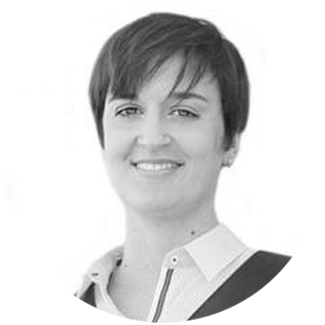
Noemí Valtueña Gimeno "The Entrepreneurship in Physiotherapy Pathway allows our students to acquire and develop necessary competencies for practicing Physiotherapy in the private sector. In addition to solid technical knowledge, our students will enhance other essential transversal capabilities to develop in a broad and globalized market, such as communication and managing their image on global networks. They will also gain knowledge of basic aspects of entrepreneurship, such as accounting and clinic administration, essential for their future career."
Cristina Orts Ruiz "The Learning Pathway of Health Research in Physiotherapy is vital to improve the development of different competencies in the field of research, in order to have critical knowledge when interpreting and investigating fields that are still to be developed and improved in physiotherapeutic healthcare. This process prepares physiotherapists to have effective tools when conducting quality research and obtaining a critical spirit of scientific reading. This certification is essential for the professional development and employability of a physiotherapist, opening doors not only in the field of clinical assistance but also in the areas of research and teaching." 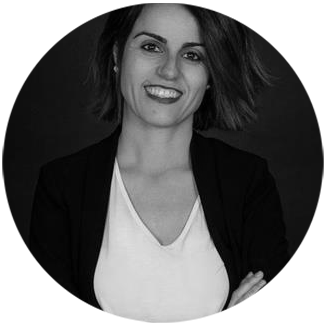
|
|
The competencies of your Pharmacy Degree are structured through the learning pathway in Oral Communication, a key competency for the future pharmacist. It consists of 5 stages, coinciding with each of the years of your Degree, progressing from the initial level to the advanced level of competence throughout the pathway. Each stage consists of different badges that you can obtain through your work in the courses and also through the 21st Century Skills, which are transversal competencies across all degrees. 
Cristina Balaguer Fernández "The Learning Pathway of Pharmaceutical Communication provides you with the acquisition of a key competency in the practice of the profession. Having optimal communication skills is essential for pharmacists to successfully operate in a multidisciplinary work environment, enhance patient care, or successfully develop any scientific outreach activity in the health field. By completing this pathway, you strengthen your development as a pharmacist and incorporate a differential value to your professional profile." |
|
The competencies of your Nursing Degree are structured through learning pathways, developing key competencies for the future nursing professional. It consists of several stages, progressing from the initial level to the advanced level of competence throughout the pathway. Each stage consists of different badges that you can obtain through your work in the courses and also through the 21st Century Skills, which are transversal competencies across all degrees. 
Ricardo Martín Peñalver "The professional competencies of Nursing have evolved towards an autonomous field of knowledge, and it is necessary to raise awareness among nurses about the importance of research for the development of the profession and the benefits it brings. Through research, the evolution in care practice can be understood and nursing procedures improved. The Learning Pathway of Health Research in Nursing is vital to improve student skills in terms of searching for and interpreting scientific knowledge based on evidence, improve the application of the scientific method, as well as progressively enhance the competencies to be acquired by the student for the correct preparation and defense of the Final Degree Project." |
|
The competencies of your Nursing Degree are structured through learning pathways, developing key competencies for the future nursing professional. It consists of several stages, progressing from the initial level to the advanced level of competence throughout the pathway. Each stage consists of different badges that you can obtain through your work in the courses and also through the 21st Century Skills, which are transversal competencies across all degrees. 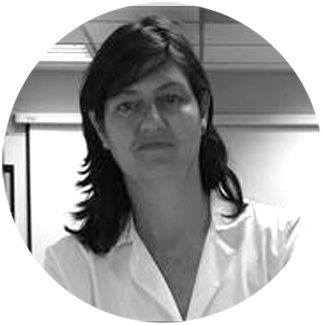
Paula Sánchez Thevenet "The four Learning Pathways that you can complete complementary to the Nursing Degree at the Castellón campus allow you to intensify nursing professional competencies in the fields of health emergency, nursing management in primary and hospital care, health care applied in school nursing or aimed at specific populations such as older adults or patients with rare diseases, and scientific consultancy from Evidence-Based Nursing. With these pathways, you obtain a certification that guarantees your differential qualification and guide your future professional development towards a greater potential for access to the labor market." |
|
The competencies of your Nursing Degree are structured through learning pathways, developing key competencies for the future nursing professional. It consists of several stages, progressing from the initial level to the advanced level of competence throughout the pathway. Each stage consists of different badges that you can obtain through your work in the courses and also through the 21st Century Skills, which are transversal competencies across all degrees. 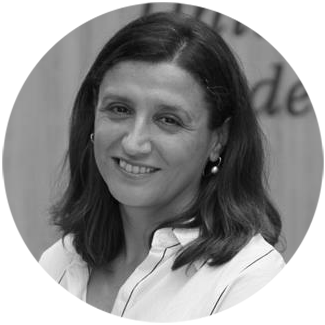
Beatriz Rodríguez Díez-Caballero "The microcredential pathway of Specific Nursing Care helps you reinforce the acquisition of competencies in nursing care that is developed in the degree, through the integration of theoretical and practical knowledge and the development of skills in scientific research on which to base your future actions in daily clinical practice." |
Your Campus
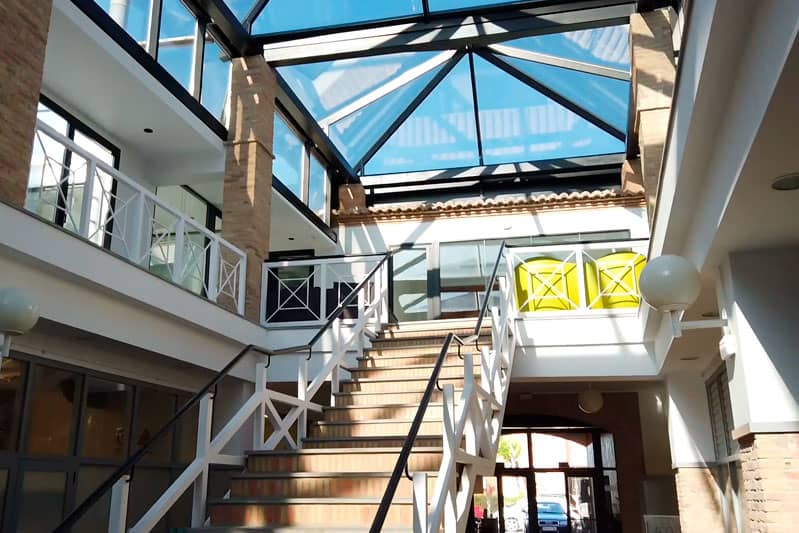
The Degree in Architecture is taught at the Higher Technical School. Located in Alfara del Patriarca (Valencia), it is a unique building as it is a restored former factory that still preserves part of its original structure, making it an inspiring place for creativity and art. How to get there
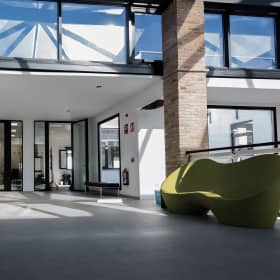
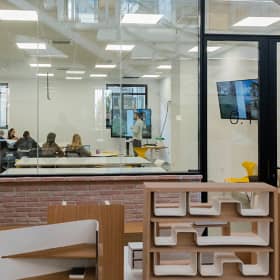
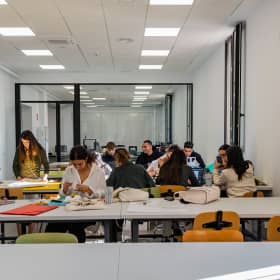
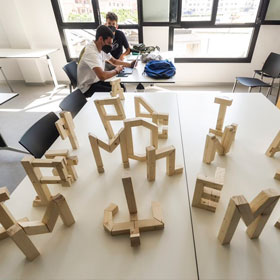

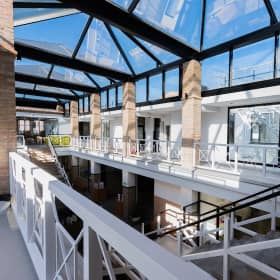
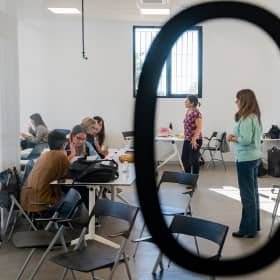
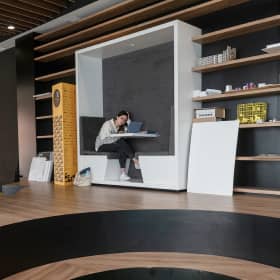
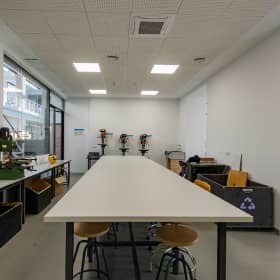
|
|
Why choose CEU?
-
International FocusInternational Focus
So that you can enjoy an international learning experience, across all degrees and campuses.
-
RecognitionRecognition
CEU stands for prestige and research. And it’s not just us saying it – it’s the THE World University Ranking.
-
EmployabilityEmployability
With career-launching programs designed to boost your employability: internships, Open Badges, fairs, and on-campus consulting.
-
CommunityCommunity
The university and everything it stands for: an academic and personal growth experience that will stay with you for life.
Your Program
Your journey in 5 years + 1

The Degree in Architecture has a duration of 5 years and 300 ECTS.
Your professors
Collaborators
Your classmates
Internships and Employment
The Future of the Profession
Architects design and build our world, and it’s a world changing at an exponential pace. How does sustainability impact this profession? What new challenges have emerged since the COVID-19 pandemic? Can citizens’ health be placed at the center of how we design and create our cities? Here are some interesting insights to help you look ahead.
Your Architecture Career Begins… Now!
If you want to learn to build, build. If you want to learn to create projects, create projects. Learning by doing is the best way. During the Bachelor’s in Architecture, our Career Services team helps you choose the path that suits you best, so that if you want to be an architect, you practice architecture from day one with top national and international firms.
Hear from Those Who’ve Been There
Some of the Firms Where You’ll Take Your First Steps
-
 General Regulation for External Academic Internships of University StudentsPDF
General Regulation for External Academic Internships of University StudentsPDF
Find out what Career Services can do for you >>
Mobility
If you want to complement your education with a stay at another international university, you can do it here. If you want to learn from guest lecturers from universities around the world, you can do it here. We have academic partnerships both within and outside Europe, and that’s why you can do it here.

To learn
Seminars and workshops led by professors from universities across Europe and the Americas.

To discover
Student exchange programs so you can enjoy an international stay — if you want one, we’ve got a place for you.

To experience
Live in other cities and explore new professional perspectives.
Add an international experience to your CV >>
Quality
Memory and reports
Survey results
Reports on the evaluation of student, PAS and PDI satisfaction regarding various aspects of the program allow gathering information to identify the main strengths and weaknesses of the degree and, together with other evidence, provide relevant data for defining improvement plans.
Monitoring
Official degree programs, once they have completed their third year of implementation or their accreditation renewal, will be evaluated by the Valencian Agency for Evaluation and Foresight (AVAP) to verify compliance with the project outlined in their curriculum verified by the Council of Universities.
The Degree in Architecture defines, reviews, and continuously maintains its quality objectives. To this end:
- It annually prepares the Internal Monitoring Report, based on the results of the indicators and evidence from the Internal Quality Assurance System, which includes an analysis of its performance, proposes improvement actions, and monitors their progress.
Monitoring Documents
Internal Monitoring Reports
Suggestion box
Operating rules:
- All members of the university community and different stakeholders may submit suggestions, complaints, claims, or compliments.
- Suggestions, complaints, claims, or compliments may be submitted individually or as a group.
- To submit a suggestion, complaint, claim, or compliment, it is necessary to provide the personal information requested in the corresponding form; otherwise, it will not be processed.
- The mailbox can be accessed directly from the website. It operates via email, so the user will receive a response at the email address provided as the sender.
- The Strategic Development and Quality Unit will forward the received suggestions, complaints, claims, or compliments to the responsible parties in the relevant Areas, Departments, or Programs and will send their responses to the sender.
- The Strategic Development and Quality Unit only acts as a liaison, as it does not have executive capacity.
- The mailbox is public, but the identity of the senders and the documents submitted are not; only the Strategic Development and Quality Unit will have access to them.
|
In accordance with Regulation (EU) 2016/679 of the European Parliament and of the Council of April 27, 2016, on the protection of natural persons with regard to the processing of personal data and on the free movement of such data, and repealing Directive 95/46/EC, we inform you that your data will be processed under the responsibility of the SAN PABLO CEU UNIVERSITY FOUNDATION (hereinafter, FUSP-CEU), in order to handle your information request, as well as to keep you informed about initiatives and events that may be of interest to you in the educational field or help us better understand your training needs. We also inform you that profiling is planned to understand which products or services may suit you best, and how to communicate them to you most effectively, according to your preferences or habits, and that are offered by our foundation or related entities (*). FUSP-CEU informs that the indicated processing is legitimized by the consent of the data subjects or, where appropriate, their legal representatives. Likewise, FUSP-CEU informs you that the personal data included in this request for information will be retained unless you request their deletion. By signing this request, you expressly consent to the communication of your personal data by FUSP-CEU to Foundations, Institutions, and Centers, dependent on or linked to FUSP-CEU (*), for their own management purposes and to keep you informed about their activities and projects. We inform you that international data transfers are not planned. You may contact the FUSP-CEU Data Protection Officer by writing to the postal address C/ Tutor nº 35 - 28008 Madrid or via email at [email protected]. In accordance with the rights conferred by current data protection regulations, you may contact the competent Supervisory Authority to file a complaint, and you may also exercise your rights of access, rectification, restriction of processing, deletion, data portability, and opposition, as well as withdraw your consent, by sending your request to FUSP-CEU General Secretariat, C/ Tutor nº 35, 5th floor - 28008 Madrid, or via email at [email protected]. *Institutions, dependent Centers and CEU Foundations: Fundación Privada Universidad Abat Oliba CEU, Fundación San Pablo Andalucía, Fundación San Pablo Castilla y León, Fundación San Pablo Sanchinarro, Fundación Abat Oliba, Fundación San Pablo para Ayuda al Estudio, Colegio Mayor Universitario de San Pablo, Fundación Cultural Ángel Herrera Oria and Asociación Católica de Propagandistas. |
Regulation
The University, through the relevant bodies, defines the internal regulations governing the organization and operation of its degree programs. These regulations are approved by the University Governing Council, which ensures their compliance and regular updating.
-
 Regulations on continuity and enrollment conditions for Bachelor’s degree programsPDF
Regulations on continuity and enrollment conditions for Bachelor’s degree programsPDF -
 Continuous assessment regulationsPDF
Continuous assessment regulationsPDF -
 General regulations for Bachelor’s (TFG) and Master’s (TFM) final thesesPDF
General regulations for Bachelor’s (TFG) and Master’s (TFM) final thesesPDF -
 Regulations on the credit recognition and transfer systemPDF
Regulations on the credit recognition and transfer systemPDF -
 Regulations for the university’s own programsPDF
Regulations for the university’s own programsPDF -
 Regulations for academic recognition in ECTS credits for participation in cultural, sports, student-representation, solidarity, and cooperation activities within Bachelor’s degree programsPDF
Regulations for academic recognition in ECTS credits for participation in cultural, sports, student-representation, solidarity, and cooperation activities within Bachelor’s degree programsPDF -
 Regulations on grade compensationPDF
Regulations on grade compensationPDF









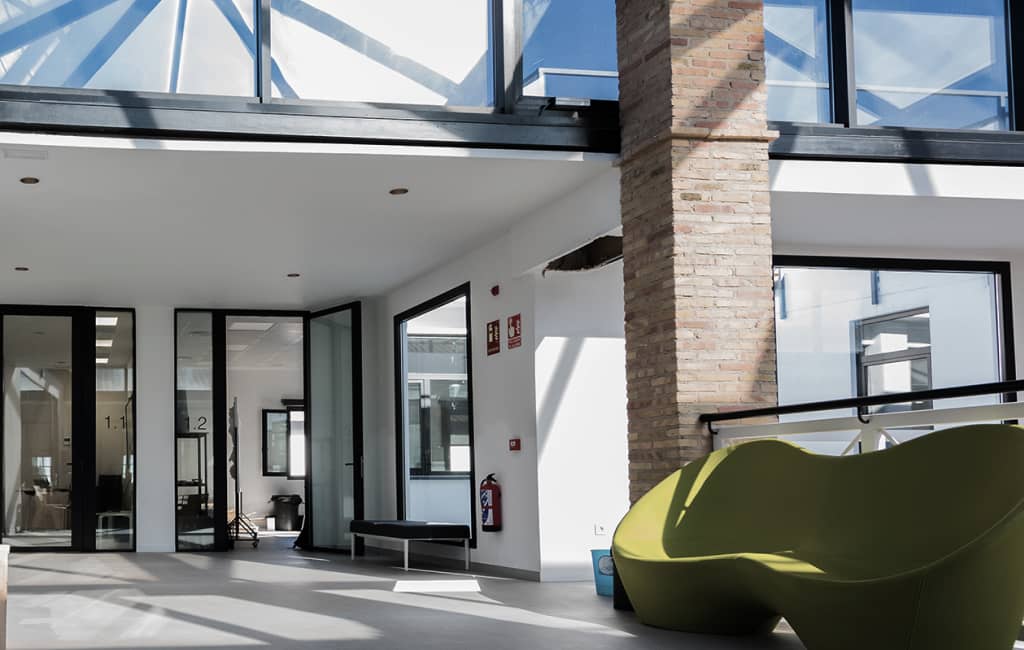
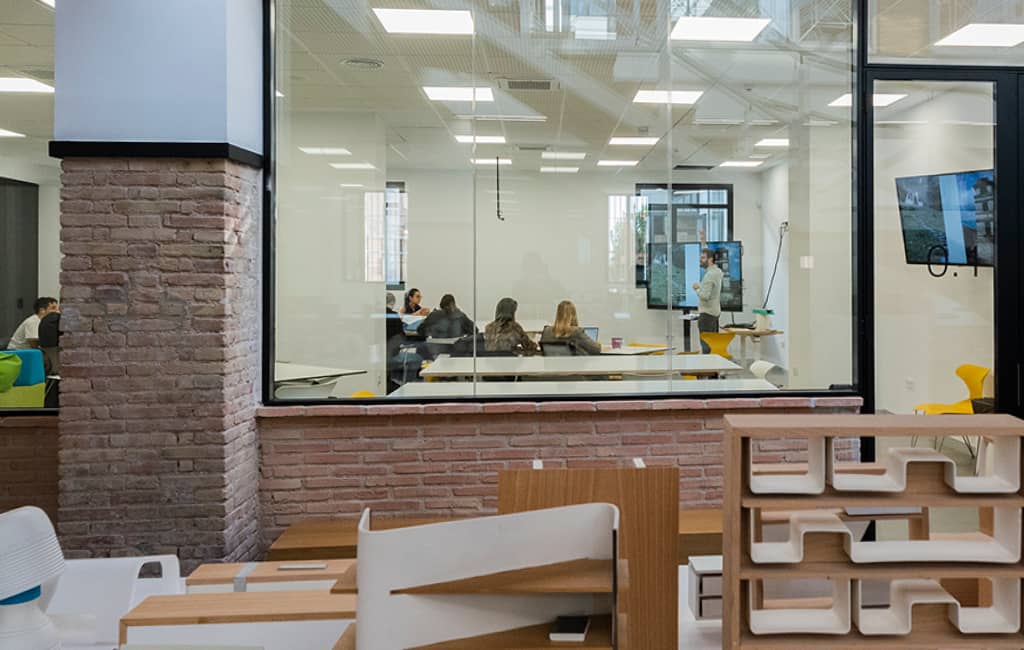
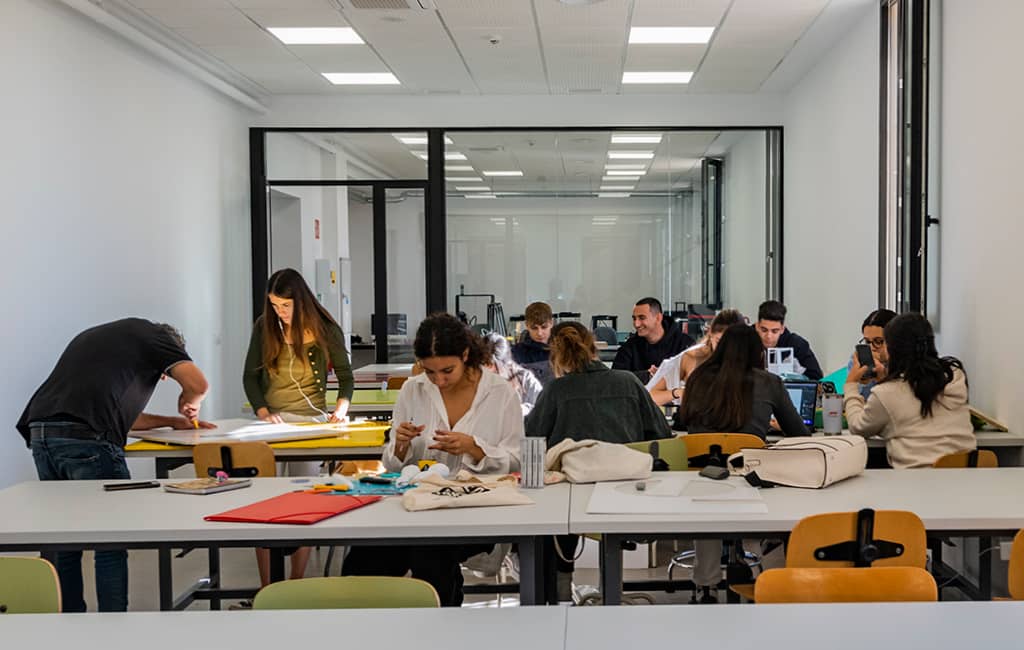
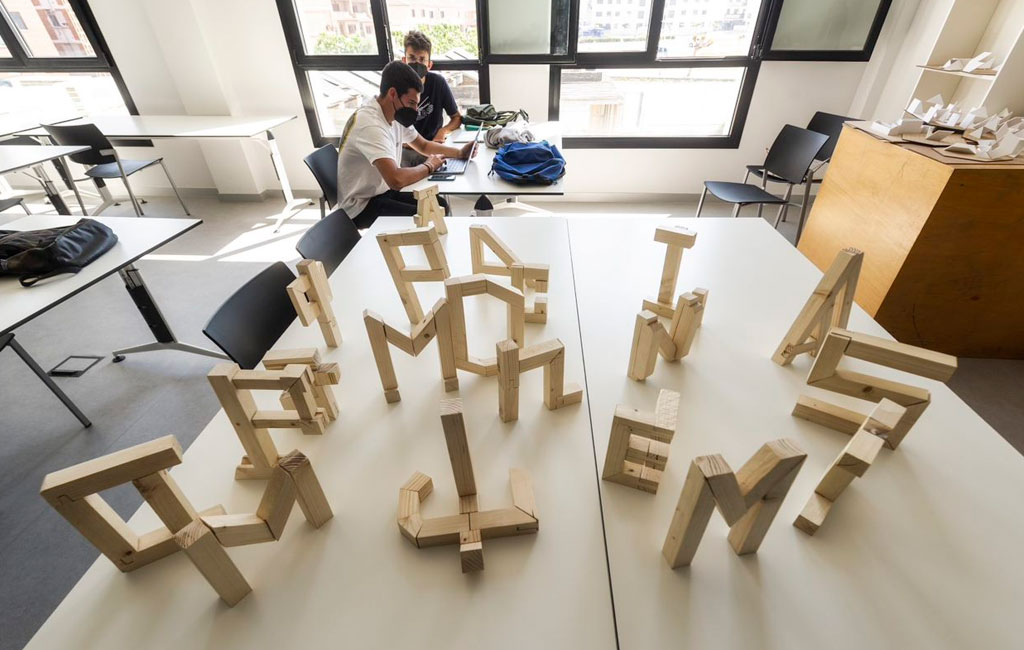

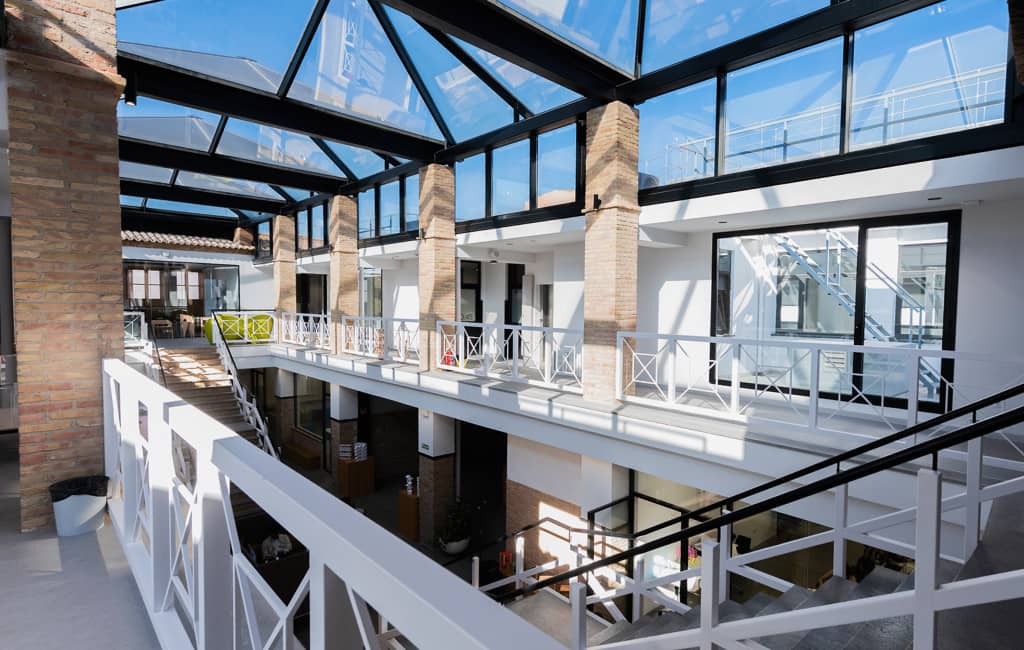
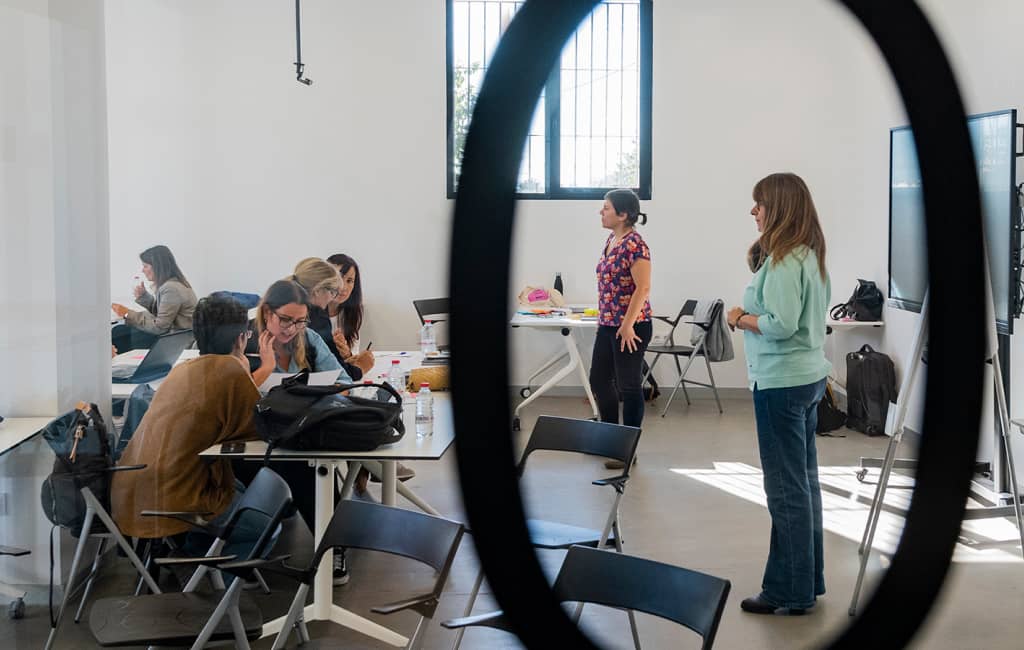
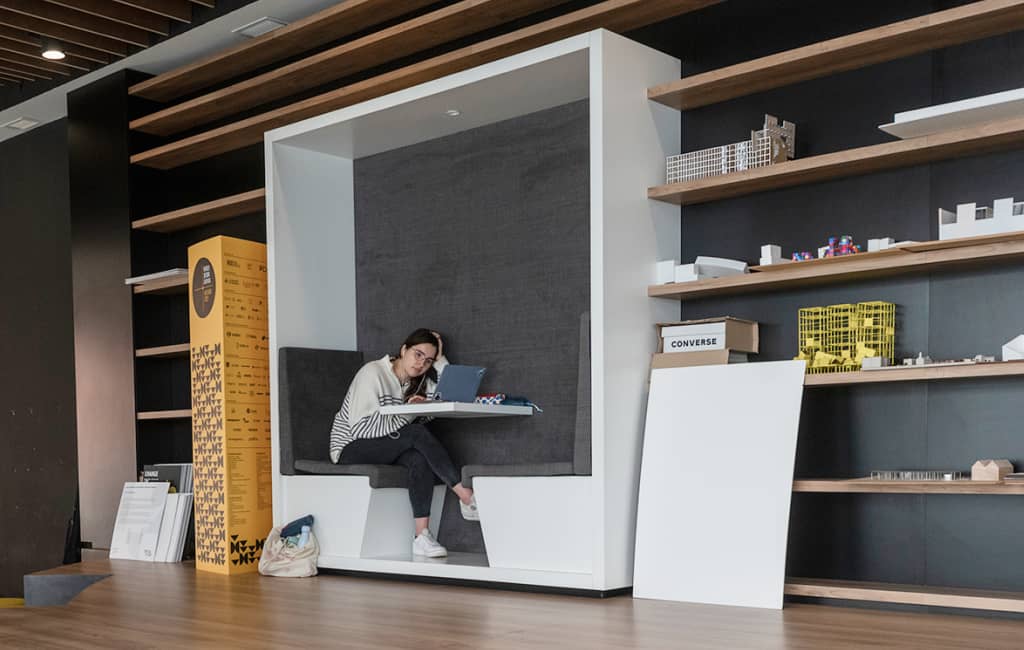
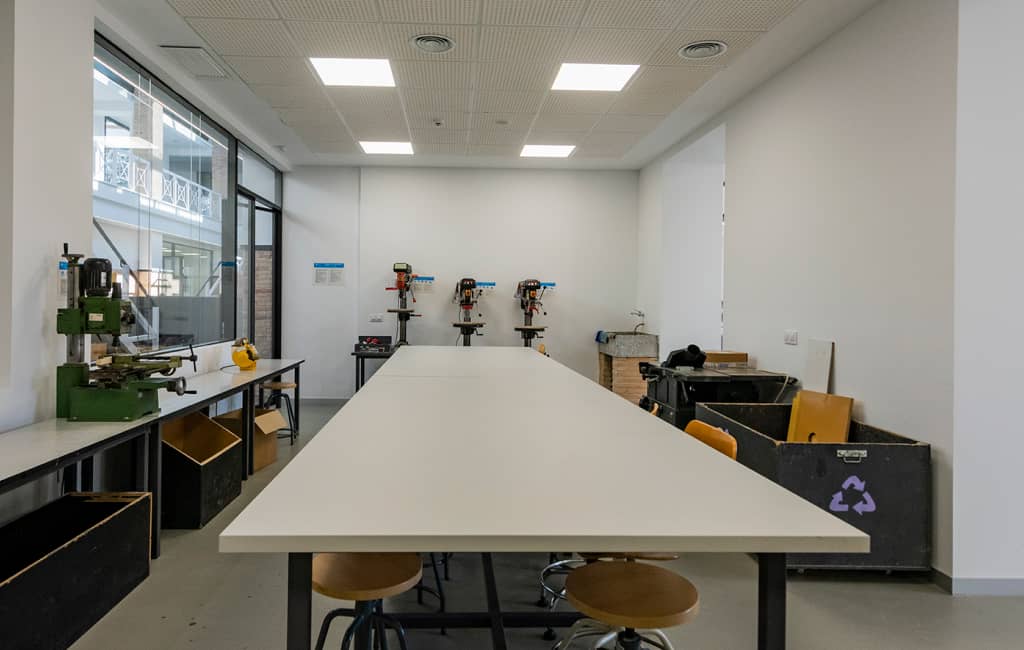

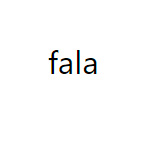
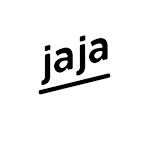
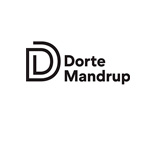
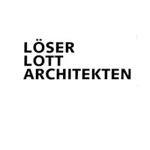

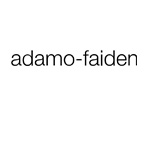
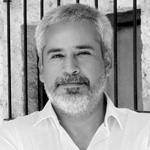
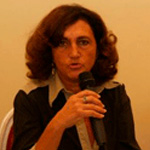
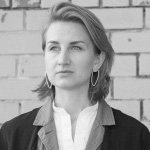
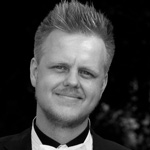
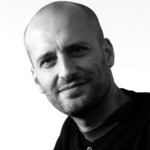
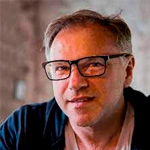

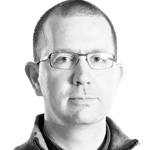

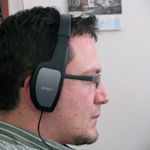
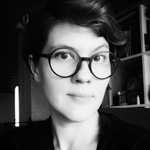

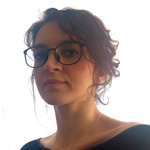

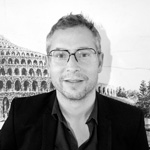
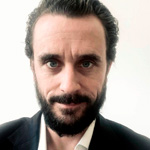
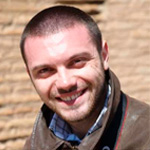
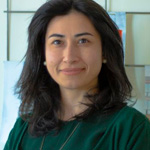
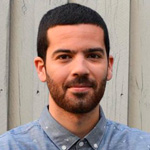
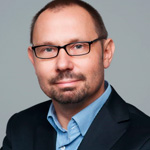
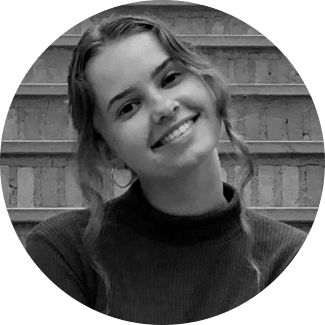
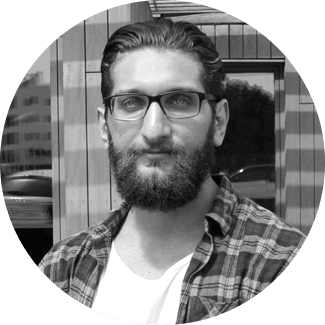


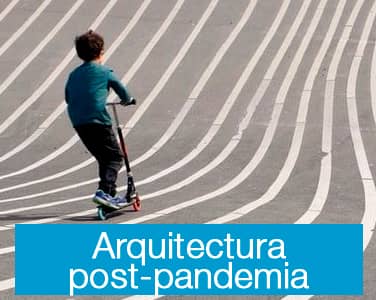
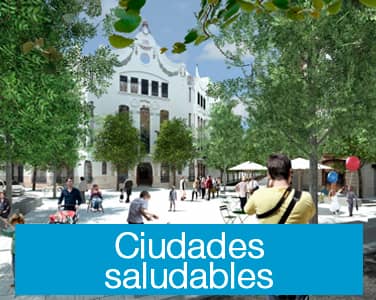
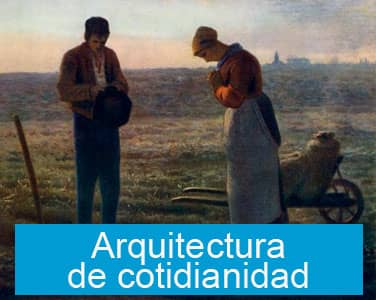
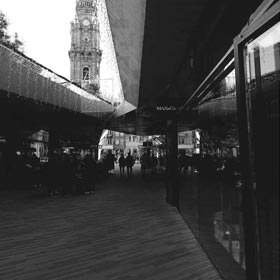
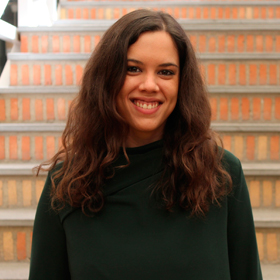

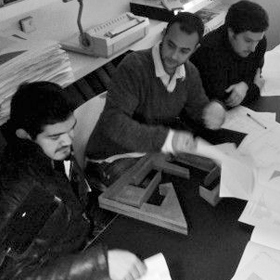







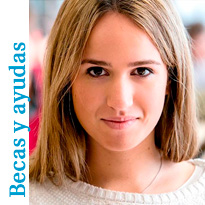
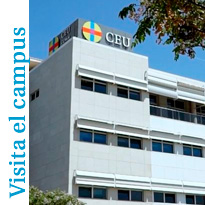
First year Discover
The student's first contact with architecture. During this year, the basic training content will be developed and applied from and towards architecture.
Mathematics, Physics, Drawing, Geometry, and Art History are developed in an applied manner guided by Introduction to Architecture.
Second year Explore
In the second year, students already know what Architecture means and it is time to start exploring and experiencing it.
This year begins the first block of projects and urbanism, as well as introductions to technical disciplines such as structures and construction. Alongside them, theory and anthropology support the first spatial approaches.
But it will be the graphic communication tools that give this year its unique personality, allowing the first ideas to materialize in various formats: models, drawings, renderings, or photographs, developing the link between creation and communication as the main goal.
Third, fourth, and fifth year Develop
In the third block, which includes the third, fourth, and fifth years, the student's practice resembles professional practice, where in the first semester theoretical-practical contents of different knowledge disciplines are developed and, in the second, all of them are integrated and complemented around a single project. A project where teachers become part of the student's advisory team, as will happen in a professional environment.
In these years, which increase in complexity as the level advances, the student acquires project development competencies in an integral and coordinated way with all disciplines, aligned in a unified discourse.
Master's Connect
The core of the master’s will be the development of a complete professional project that integrates everything learned during the degree and prepares you to enter the professional world with confidence. During the process, you will be guided by an advisory committee that will help you develop the best project you can achieve.
Additionally, all the parallel topics developed in the other subjects will practically contribute to that single integral project, because as the Spanish architect Alejandro de la Sota said, “Architecture is the air we breathe, but an air filled with scents, with wisdom, an air transformed by that very thing, by Architecture.”